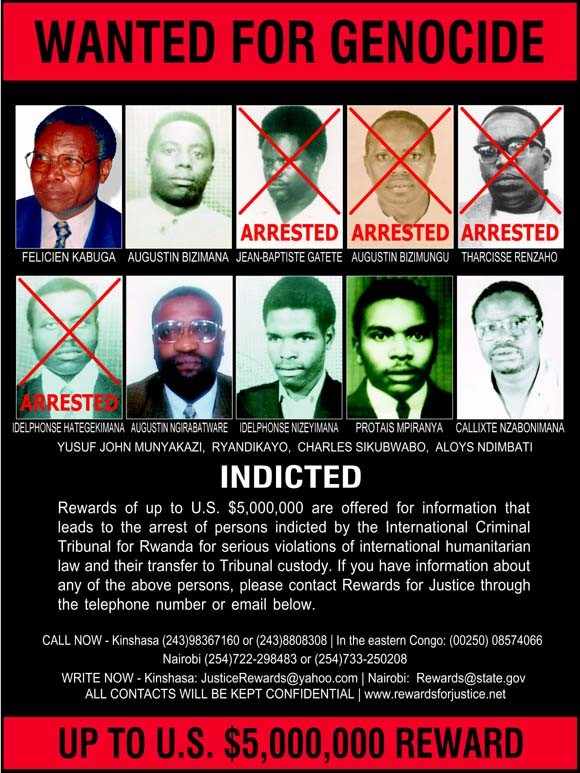Rwanda Genocide: Ex-minister becomes first woman convicted of genocide

A former Rwandan minister became the first woman to be convicted of genocide when she and her son were given life sentences for war crimes in the 1994 genocide.
The UN international criminal tribunal for Rwanda found that Pauline Nyiramasuhuko, who was minister for family and women's affairs, and her son, Arsene Ntahobali, a former militia leader, contributed to the abduction of hundreds of ethnic Tutsis who were assaulted, raped and killed in the southern region of Butare and consequently, both found guilty of genocide, war crimes and crimes against humanity.
Hanna Brollowski, an international law researcher at the TMC Asser Institute in The Hague, said Nyiramasuhuko was the first woman to be convicted of genocide.
The Tribunal found that between April and June 1994 Nyiramasuhuko and Ntahobali, backed by, abducted hundreds of ethnic Tutsis in Butare with the help of the extremist Hutu militia known as the Interahamwe.
"Many were physically assaulted, raped and taken away to various places in Butare, where they were killed. During the course of these repeated attacks on vulnerable civilians, both Nyiramasuhuko and Ntahobali ordered killings," said Judge William Sekule.
"They also ordered rapes. Ntahobali further committed rapes and Nyiramasuhuko aided and abetted rapes."
A former mayor, Elie Ndayambaje, was also jailed for life on Friday and three other defendants were given sentences of between 25 and 35 years.
The Tribunal for Rwanda began in June 2001; 16 years after some of the accused were arrested following the 100-day genocide, in which at least 500,000 ethnic Tutsis and moderate Hutus were slaughtered.
The proceedings lasted more than 700 days and the court heard from nearly 180 witnesses.
Nyiramasuhuko is not the only woman to be charged with genocide as the genocide charge against the former Bosnian Serb leader Biljana Plavsic in 2000 was dropped as part of a plea bargain that saw her convicted by the Yugoslav war crimes tribunal of persecution.
© Copyright IBTimes 2025. All rights reserved.





















